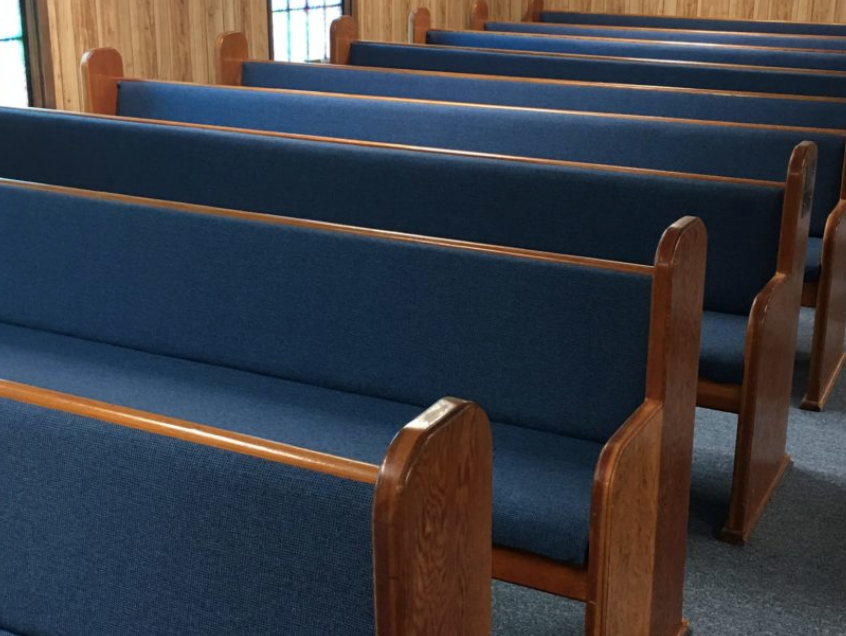QUESTION:
“Is premarital sex always sinful?”
THE RELIGION GUY’S ANSWER:
The question above was the headline with an April article by Talley Cross, a “gender and sexuality” blogger with patheos.com. She responded with a cautious “no.”
A “yes” answer is the contrary and familiar doctrine and tradition in Judaism, Christianity, Islam and other faiths, and as we’ll see below has lately gotten a degree of backing from surprising places.
That age-old teaching is terribly counter-cultural these days and also subject to critique from within religions. The Gallup Poll says in 2001 a slim 53% majority of Americans thought sex between an unmarried man and woman was morally acceptable, but as of last year the number reached a record 76%. (Adultery got only 9% acceptance.)
In a 2019 Pew Research Center poll, 57% of those who identified as Christians “always” or “sometimes” approved of unwed sex for those in a “committed relationship” without marriage, with fully 79% approval among the non-religious respondents. As for casual sex without any “committed relationship,” 50% of the Christians accepted this “always” or “sometimes and the non-religious did so by 83%.
The influential New York Times (ditto for NPR) has developed an interest in a variant known as “polyamory,” romantic relationships with knowledge and consent among three or more participants, who sometimes take additional partners on the side.










